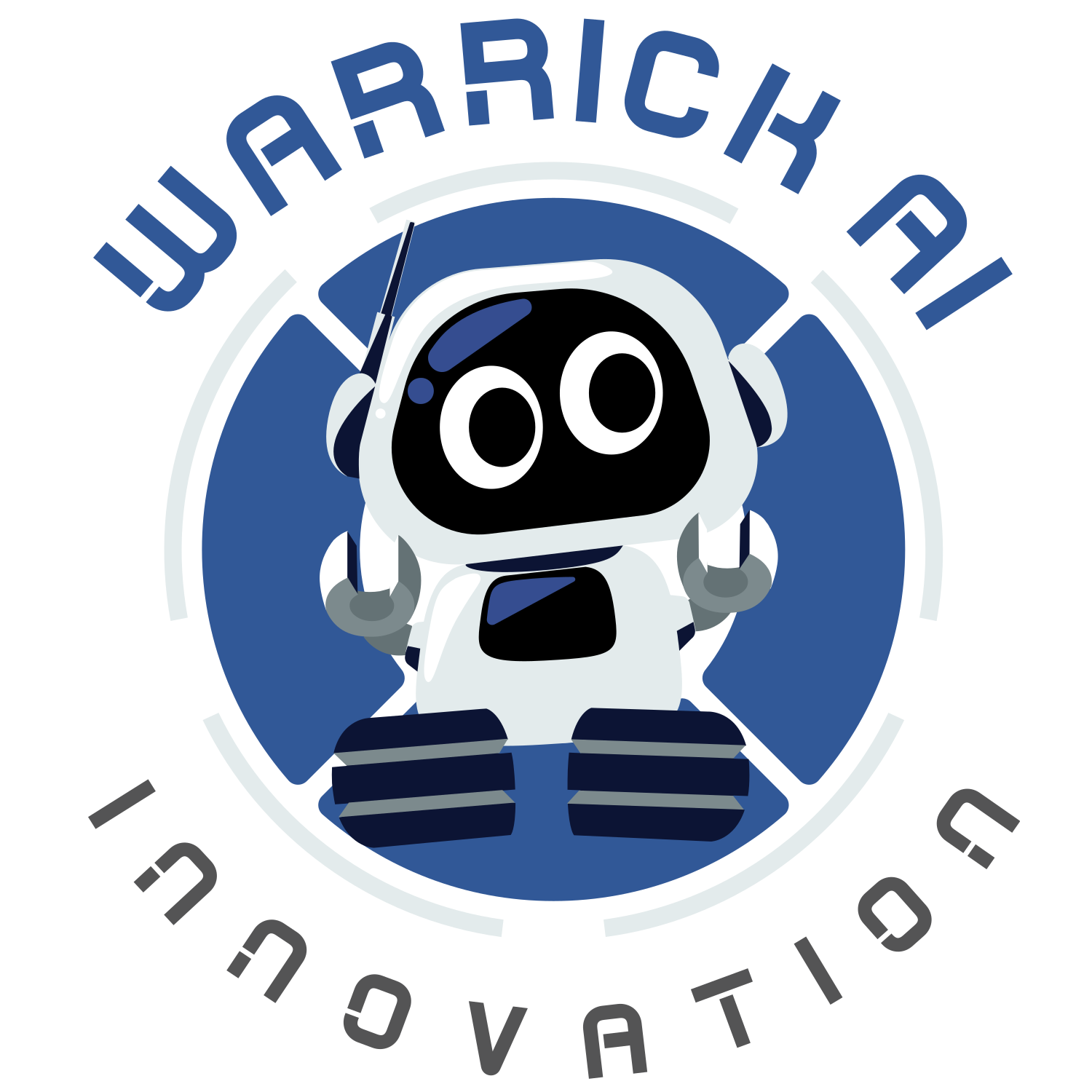
In a recent video (https://www.youtube.com/watch?v=0RkNkGihrvc&t=28s) Marc Benioff discusses the transformative impact of AI agents on Salesforce and the broader enterprise landscape, highlighting the past eight months as “eight of the most exciting months” of his career.
“I am on a mission to make SalesForce an agentic enterprise” – Marc Benioff, CEO, SalesForce
Key takeaways
• Internal AI Adoption and Headcount Rebalancing: Salesforce has embraced AI as “customer zero” for its agentic service and support product, handling approximately 1.5 million customer conversations via agents with satisfaction scores comparable to human interactions. This has allowed Salesforce to reduce its support headcount from 9,000 to 5,000, rebalancing resources by moving some employees to sales.
• Enhanced Sales and Marketing Efficiency: Agentic sales are now contacting over 10,000 leads a week that previously went unaddressed, resulting in Salesforce’s sales pipelines being “never been more full”. Agents are also deployed on Salesforce’s website to make marketing more efficient and augment the work of salespeople.
• Vision of an Agentic Enterprise: Benioff is on a mission to make Salesforce an “agentic enterprise,” where AI agents and humans work in partnership across all company functions. This includes deploying agents within Slack for tasks like renewals and employee benefits.
• Product Transformation: All Salesforce products, including Sales Cloud, Service Cloud, Marketing Cloud, and Field Service, are being made “agentic,” enabling two-way conversations with customers and augmented human workflows.
• Importance of Data Foundation: A robust data foundation, comprising Data Cloud, MuleSoft, Tableau, and Informatica (which Salesforce plans to acquire), is critical for the accuracy and effectiveness of AI. Salesforce manages 230 petabytes of customer information globally through this foundation.
• Fastest-Growing Product Line and Market Expansion: Salesforce’s AI and data product line is its fastest-growing ever, now exceeding $1 billion in revenue and fast-tracking to $2 billion. Salesforce is also entering the ITSM (IT Service Management) market with a new Slack-first, agentic application.
• Evolving Pricing Models: The company is seeing a shift in pricing beyond traditional per-seat and consumption models towards “conversational pricing” or flex credits, and a growing customer demand for complete “agentic enterprise license agreements” that package all AI capabilities.
• AI’s Role and Limitations: Benioff emphasizes that applications are not disappearing but are being augmented by AI, creating a synergistic effect between humans and agents. He views current large language models (LLMs) as more evolutionary than revolutionary at this stage, suggesting they may be reaching an “upper limit” due to their finite algorithms and data sets, contrasting this with infinite human creativity and insight.
• Startup Innovation and Career Advice: He highlights a “gold rush” of innovation in Silicon Valley, with young entrepreneurs building AI-first companies rapidly. For young people entering the field, he advises them to focus on creating value, delivering something different, and identifying gaps that AI can fill, noting that “AI natives” have an intuitive understanding of the technology’s potential.

